Poultry manure and feed are prohibited from feeding ruminants
Date: 06/08/2020 09:29:32 From: feed-pellet-plant.com Clicks:
Farmers need to take precautions to ensure that poultry litter and poultry manure are not fed to any livestock species, and that poultry feed is not fed to ruminants. This is important both for guaranteeing the safety of our food and for ensuring that Australia can continue to demonstrate ongoing freedom from BSE for the protection of vital export markets for meat and livestock.
INTRODUCTION
Feeding of poultry litter to any type of farm animal is a highly unsanitary practice. It can lead to the spread of diseases such as salmonellosis, mastitis and botulism, and poses an unacceptable risk for the contamination of our food. For this reason, the feeding of poultry litter or manure to any livestock is banned throughout Australia.
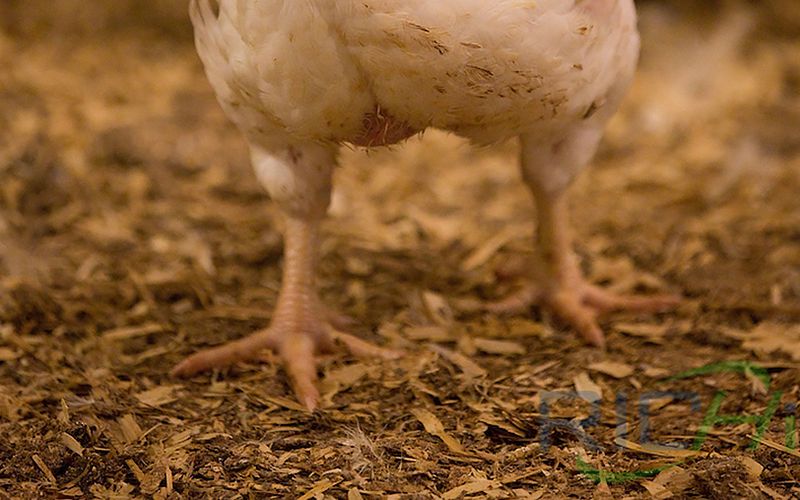
Poultry manure and feed
In addition, the feeding of poultry feed to ruminants is prohibited under the national Ruminant Feed Ban.
BSE AND THE RUMINANT FEED BAN
Bovine spongiform encephalopathy, otherwise known as mad cow disease or BSE, is a fatal nervous disease of cattle occurring in some overseas countries. Humans who eat meat or meat products from affected cattle are also at risk of becoming infected.
BSE DOES NOT OCCUR IN AUSTRALIA
The investigation of overseas outbreaks of BSE showed that it was spread by feeding the tissues of infected cattle as rendered meat and bone meal to cattle. As a result, many countries, including Australia, have banned the feeding of animal-derived materials to ruminants to prevent the potential spread of BSE and similar agents and to provide assurance to consumers and Australia's international trading partners that our livestock products are safe.
The banned animal materials, known as 'restricted animal material' or 'RAM' include any material, tissue or blood taken from an animal (including birds and fish) but not gelatin, milk products, oil extracted from fish, appropriately rendered tallow, or oils previously used for cooking that have been appropriately collected, processed and packaged. Ruminants are animals that chew their cud and include sheep, cattle, goats, deer and alpacas.
The ruminant feed ban is enforced by Order under the Agricultural and Veterinary Chemicals (Control of Use) Act 1992 which states "A person must not feed, offer as food, or fail to reasonably prevent exposure to restricted animal material, compounded feed or meal containing restricted animal material to a ruminant."
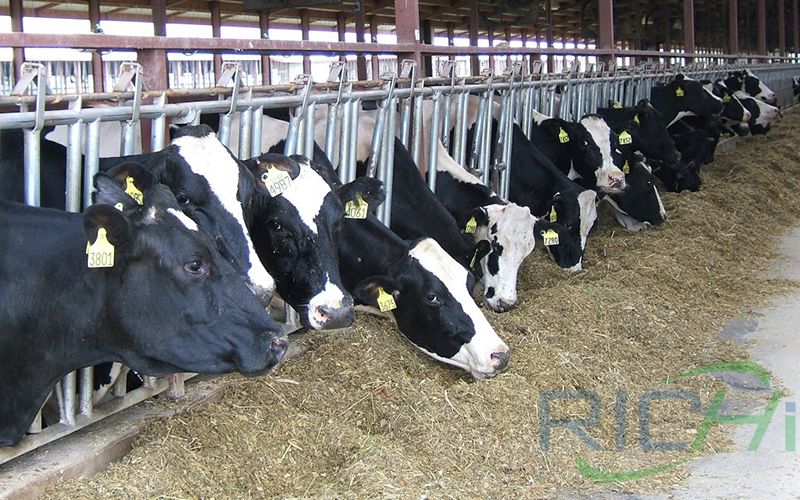
Cattle eating feed
Poultry feeds usually contain RAM and poultry litter and manure contain RAM in the form of feathers, spilt and undigested feed and sometimes the remnants of dead birds.
Compliance with the Ruminant Feed Ban and Poultry Litter Ban
Our inspectors regularly audit poultry farms and users of poultry litter/manure to assess compliance with the ruminant feed ban and the poultry litter ban. Satisfactory auditing results are important for demonstrating safety and wholesomeness of food produced, and also for demonstrating effective BSE prevention to underpin meat and livestock exports.
USE OF POULTRY LITTER AS FERTILISER
Where poultry litter is used as fertiliser and spread evenly across a pasture at rates consistent with such use, the pasture may be grazed by stock without contravening the ruminant feed ban or poultry litter ban.
The risks when used sensibly as fertiliser are considered insignificant in terms of BSE transmission. This is also consistent with international standards that allow for meat and bone meal to be used as pasture fertiliser but not as stock feed. It is highly advisable to keep stock from the fertilised paddock for at least three weeks to minimise their risk of developing botulism, salmonellosis or mastitis. Ideally, the litter/manure should be ploughed into the soil and time given for the grass to grow to a height where close grazing to the ground will not occur.
Managing potential exposure of ruminants to chicken litter and poultry feed
Ruminants must not be fed or given access to poultry feed (or any RAM-containing feed such as pig feed) when it has been spilt around sheds or silos or from trucks, or has been spoiled or discarded. Fences may have to be erected to protect these areas. RAM-containing feeds if spilt or discarded can only be fed to non ruminants such as other poultry or pigs.
Similarly, ruminants must be kept away from poultry litter or manure where it has been dumped, stored or spilt in paddocks or in or around sheds. Fences may have to be erected to protect these areas. Truck drivers delivering litter/manure to a farm should be instructed not to put it in paddocks where there are ruminants and to provide copies of this agnote to their farming customers.
The above is the article for you: Poultry manure and feed are prohibited from feeding ruminants. If you are interested in our products or project solutions, please contact us. We will give you the best product quality and the best price. Email: enquiry@pellet-richi.com
Related Product
Production Line Equipment
related News
- >Delivery 200kg/h Floating Fish Feed Production Machine Line to Mol
- >Uzbekistan 5t/h Aquatic Sinking Fish Feed Production Machine Line
- >Uzbekistan 3-5 T/h Medium Scale Automatic Poultry Feed Line Manufa
- >Uzbekistan Nukus Chicken and Fish Feed Joint Pellet Production Lin
- >Uzbekistan Gizak 1t/h-2t/h Animal Feed Processing Plant for Floati
- >Afghanistan 10t/h animal feed pellet line
- >What is the price of the cattle and chicken feed machinery product
- >Can You Send Me an Animal Feed Pellet Machine Quotation?
- >How to Choose Premix for Cattle Feed Manufacturers?
- >Professional Commercial Feed Production Line With a Daily Output o
Here you can submit any questions and we will get back to you as soon as possible. We will not disclose the information you submit to anyone, please rest assured.
Copyright© 2022 Richi Machinery. All rights reserved. Site Map


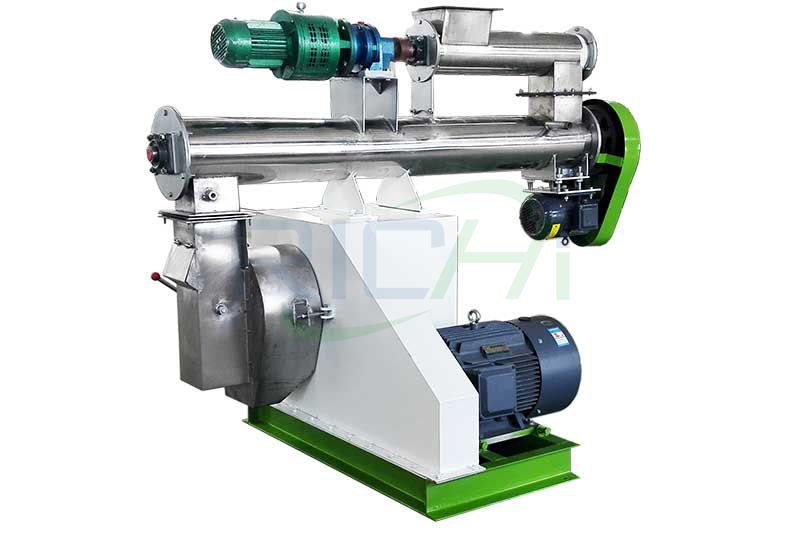
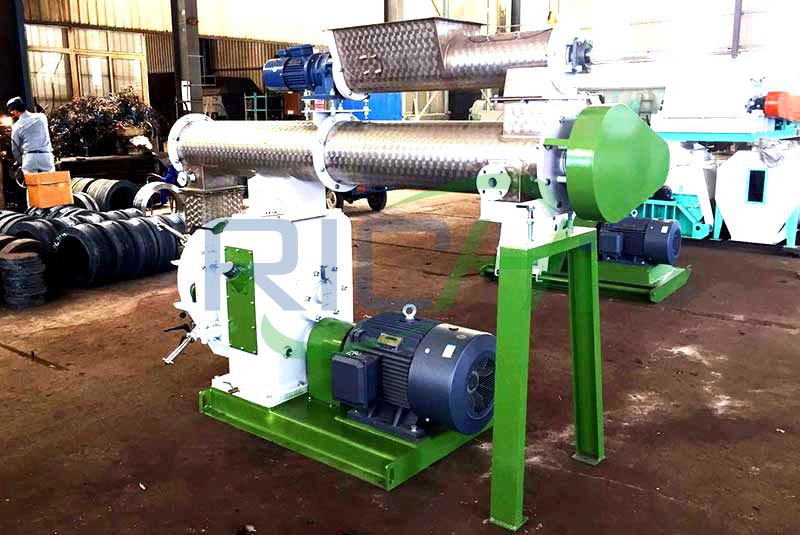
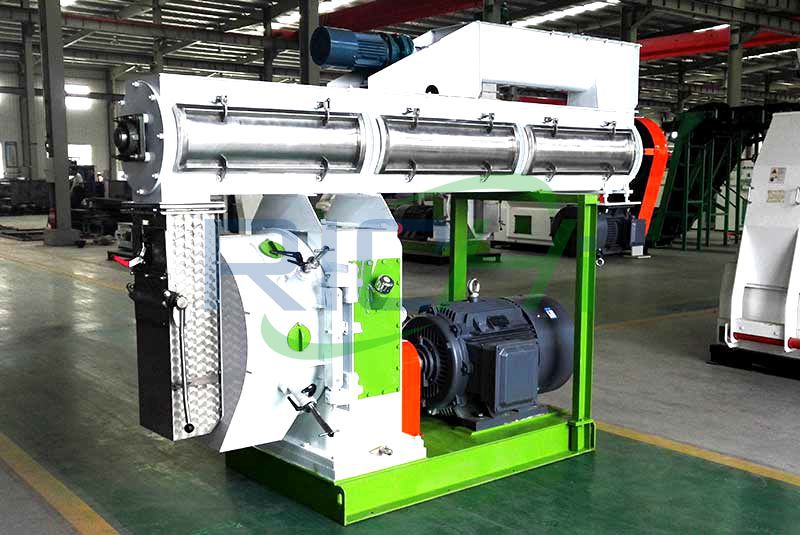
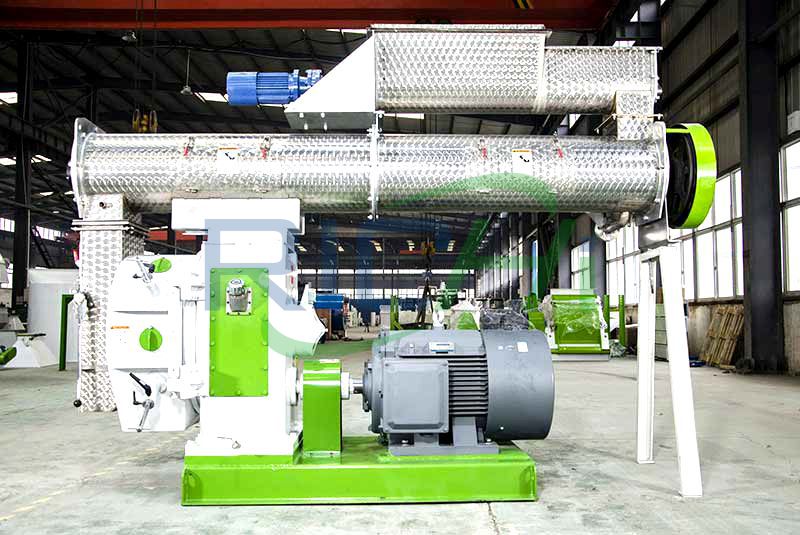
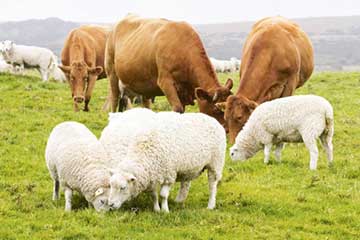
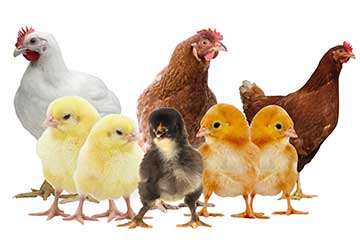
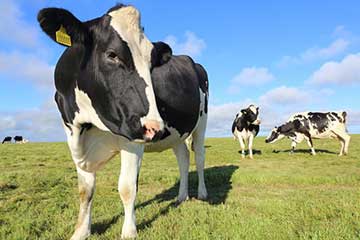
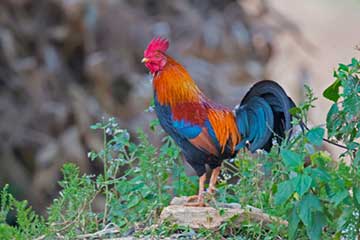
 Product Center
Product Center Get Latest Price
Get Latest Price